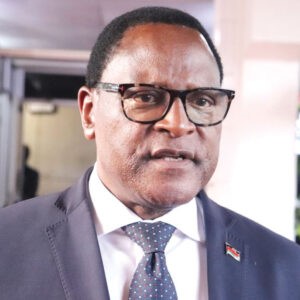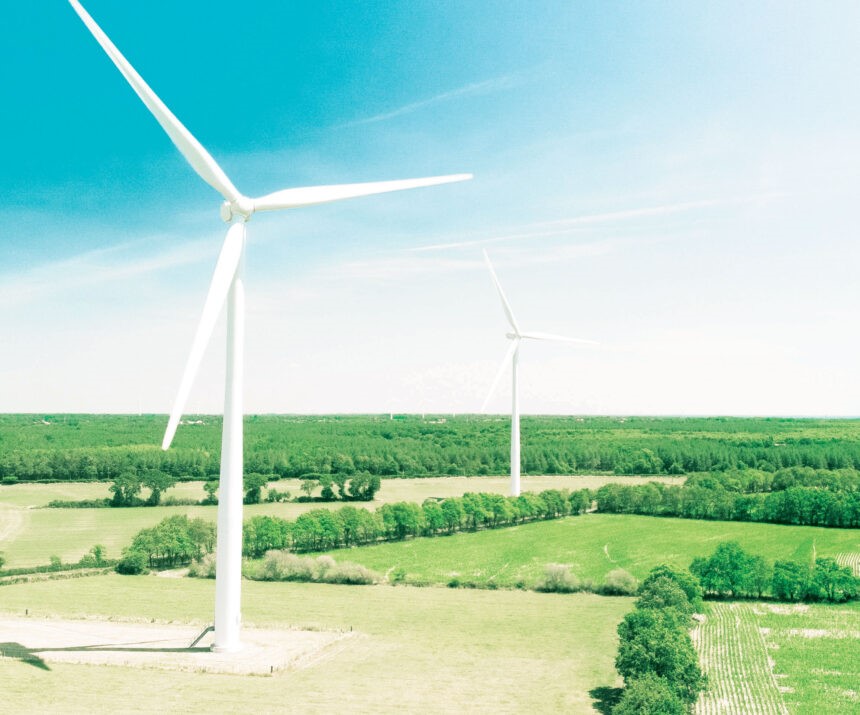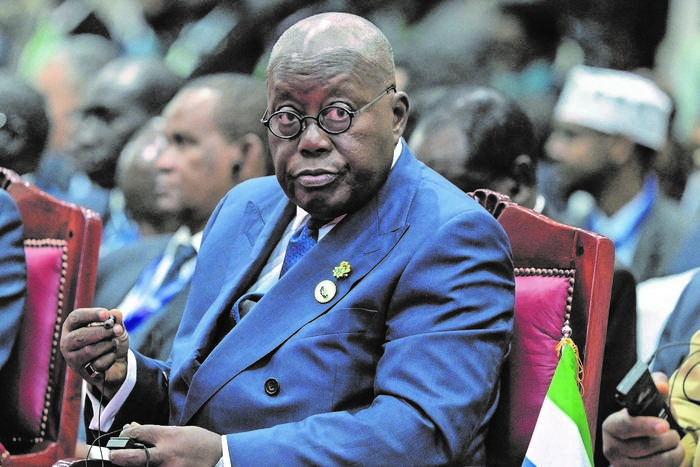CHEAPER—Diesel wagons arrive at Matindi Oil Reserves
State-owned fuel importer, National Oil Company of Malawi (Nocma), has moved to enhance use of rail for fuel importation.
On Monday, the firm delivered 1.9 million litres of diesel at its Matindi Strategic Oil Reserves in Blantyre which was hauled by railway using 39 wagons from the port of Nacala in Mozambique.
Using rail, the company is expected to cut the cost of ferrying the commodity compared to the road network which has been the traditional means of bringing fuel into the country.
This comes as the sector has been faced with myriad risks lately, including disruptions of road and rail infrastructure which has necessitated a need for diversity in import options and routes.
In the long term, the government is exploring the viability of investing in a pipeline, which is a safer and efficient means of transporting fuel.
In an interview on Tuesday, Nocma Director of Operations Micklas Reuben said plans are to ensure a mix of fuel imports.
Reuben said the cost of transportation by rail is half that of road tankers, hence transportation reduces landed cost of fuel.
“We have agreed with suppliers to load as much and it is practically possible to sustain supply. In the course of the next two weeks our stock days cover is likely to be better.
“The government has a very clear plan on pipeline construction from Nacala to Liwonde. The other option is to connect to a Mozambique – Zimbabwe pipeline,” Reuben said.
According to Reuben, Nocma targets to be hauling 20 percent of its fuel imports through rail and get the rest via road.
Recently, a delegation of energy sector players from the Ministry of Energy, Mera and Nocma visited Zimbabwe for talks with a Zimbabwean company over putting up a pipeline from the port of Beira through Feruka in Zimbabwe.
In an interview, logistics expert Karl Chokotho welcomed the options, saying the government should still focus on ensuring forex generation as it remains the immediate challenge.
“Our immediate to medium-term issue remains generating forex through exports. We need to do these things simultaneously.
“For rail, the answer is immediate because we already have the infrastructure in place, for example, on the Nacala corridor and the more we use that, the more we save forex. When it comes to pipelines that will require extra funding, among other things, so that is not immediate,” Chokotho said.

Lazarus Chakwera
Last weekend President Lazarus Chakwera challenged private sector players to take full advantage of the opportunities that have come about due to the rehabilitation of the Nacala Port in Mozambique during the official inauguration of the rehabilitated port.
Malawi imports and exports only eight percent of its merchandise through Nacala but seeks to grow the volumes to 50 percent.
According to Chakwera, the modernised port is expected to cut by a third Malawi’s transport costs, thereby making imports cheaper and exports more competitive.
Malawi is land-linked depending on the ports of Beira and Nacala in Mozambique and Dar es Salaam in Tanzania to import its fuel. The Liquid Fuels and Gas Act stipulates that the country must keep at all times 90 days stock of fuel of which 60 days must be kept at the strategic reserves and 30 days at oil marketing companies.
Malawi is spending about $600 million per year on fuel importation alone as consumption for diesel and petrol continues to rocket.
Figures from energy industry regulator, the Malawi Energy Regulatory Authority (Mera), show that, on average, Malawians use about 50 million litres of fuel a month, an equivalent of 600 million litres per year.
Per day, Malawians use about 845, 000 litres of petrol and 834, 000 litres of diesel. And to support this level of fuel importation, the country requires $600 million per annum.
















